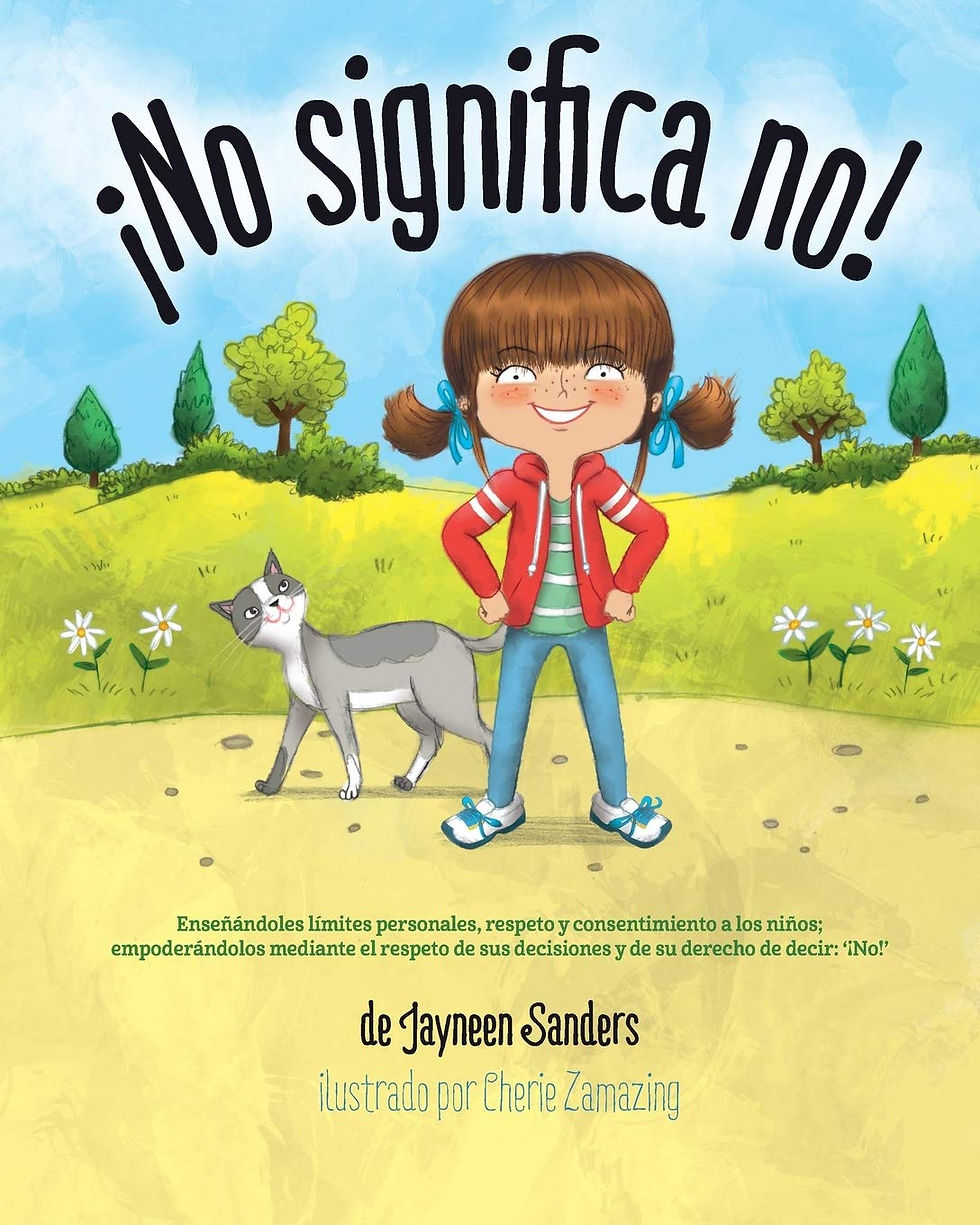Resources
CAC staff use a multidisciplinary team model that is child-focused and trauma-informed. Our resources are meant to help parents, teachers and community members learn more about Adverse Childhood Experiences, child abuse signs and ways to prevent abuse.
To report suspected abuse in Illinois: Call 911 or 1-800-25-ABUSE (1-800-252-2873)
Outside of Illinois, call 1-800-422-4453.
Body Safety Book Recommendations for PreK-1st Grade Children





Miles Is The Boss Of His Body is a fun, engaging way to explore the potentially difficult topic of kids’ personal safety.

I Said No! uses kid-friendly language and illustrations to help parents and concerned adults give kids guidance they can understand, practice and use.

Fred is your everyday fox child helping to convey an important lesson in a clear, direct way.

A step-by-step guide for parents and carers on how to protect children from sexual abuse through personal Body Safety Education.

This beautifully illustrated book encourages and empowers children to speak up if someone is touching them in a way that makes them uncomfortable.

When adorable little Hugo Hippo heads out for a day of fun with his family at The Happy Herd Community Pool, he is confronted by all sorts of opportunities to make choices about his own safety.

In simple, reassuring language, the author explains that a child's body is his or her own.

The book gives parents a great starting point for having important, candid discussions with their children about recognizing and preventing sexual abuse.

Written by a police sergeant, this beautifully illustrated story book includes a separate step-by-step parent's guide providing a realistic view of the danger facing children today.

Presents situations which illustrate when to share and when to keep a secret.

Sensitively broaches the subject of keeping children safe from inappropriate touch.

Now every parent, grandparent, or teacher can explain to a child the difference between appropriate and inappropriate touching in a way that young boys and girls can understand.
Tips for Talking with Your Teens





.png)